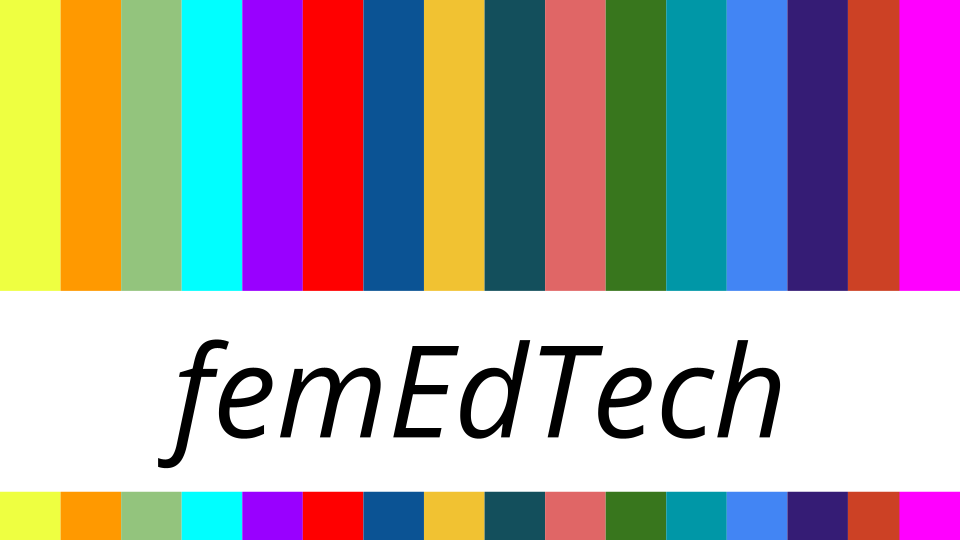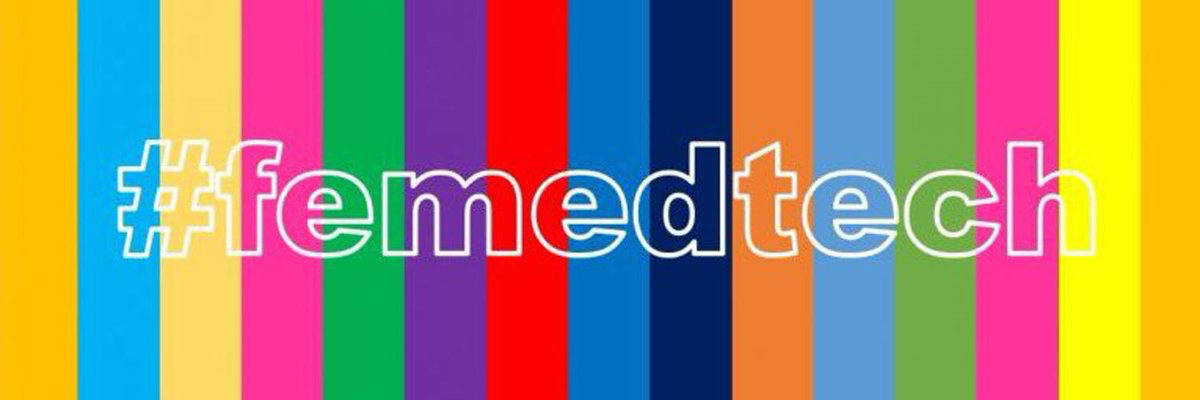
2020 was quite a year for all of us. COVID-19 had impacts on many aspects of our lives in ways we could not possibly have anticipated. Many people across the world have experienced illness and/or bereavement as a direct or indirect result of the virus. Rather than this being a universal experience, the pandemic has exposed and reinforced the existing fault lines of deprivation and discrimination. Rosi Braidotti published a powerful essay in August 2020 (Braidotti 2020) that identified how viruses like COVID-19 “act as indicators of massive social inequalities, which dominant neo-liberal political classes were intent on denying”. Of particular relevance to FemEdTech with its focus on values-building and ethics, Braidotti asserts that we need “to develop different ways of caring, a more transversal, relational ethics that encompasses the non-humans.”
2020 was a year in which “unprecedented” became a cliché. We have all been affected – some more than others. Health and care workers have borne the brunt across society but let’s not forget those at the front line who provide our food and other essentials. The burden of care within families was not always evenly distributed. As schools, colleges and universities closed (then reopened), the work of Learning Technologists sky-rocketed, supporting lecturers and teachers as they tried to teach their students at home and from their own homes.
But as I look back on this difficult year, I am surprised and heartened at what has been achieved around learning technology and feminism, and I think it is important to highlight and honour the work of so many feminist hands and hearts both within and beyond the FemEdTech collective.
Celebrating 2020 Achievements Towards a Feminist Educational Technology
The FemEdTech Quilt of Care and Justice in Open Education was a project that started in November 2019 and really took off in January 2020. The quilt has its own website – another SPLOT – that tells the story of how a quilt grew into four quilts made from squares from across the world.
In February 2020, we were invited to write a Call for Papers for a FemEdTech Special Issue of Learning, Media and Technology. As we were about to publish the CfP, we paused and reconsidered, finally publishing the Call in June when there was a little more calm. We had a very encouraging response and gave accepted authors an extended schedule that is currently in progress.
Whilst the Call was put on hold, an extended group turned their attention to the impact of the pandemic on academic researchers, especially women. The FemEdTech Open Letter to Editors/Editorial Boards prompted interesting and encouraging responses.
Another by-product of the Call for Papers is the FemEdTech Bibliography, currently renamed affectionately as the Bookshelf. There are currently 157 items in this Zotero Open Group, mainly journal articles and books but with development and a clear process, this could become a home for a wide range of resources that emerge from FemEdTech activities eg podcasts, videos and blog posts. Work is needed to establish a process and appropriate categories so that the excellent resources generated by FemEdTech curation and other activities can be made visible and available at http://femedtech.net
Building on the Open Covid Pledge initiated by Creative Commons, Helen Beetham coordinated the Open COVID Pledge for Education “to make our intellectual property openly and freely available to the world to support educators, students and decision-makers, to help educational organisations survive and thrive, and to build a fairer and more resilient education system.” The pledge is championed by ALT, the Association for Learning Technology. Individuals and organisations can sign up to this pledge.
What can FemEdTech achieve in 2021?
Our first priority is to reinstate shared curation. At the beginning of 2020, shared Twitter curation of @FemEdTech, #FemEdTech was temporarily suspended whilst we reviewed the balance of activities between the curation of @FemEdTech, #FemEdTech and the use of the FemEdTech website at http://femedtech.net. We are keen to explore the use of the SPLOT to write and publish stories.
Sadly, the temporary suspension of shared curation has lasted a lot longer than anticipated!
COVID-19 spread quickly across the globe in February and March 2020 and has had a significant impact on the work and personal lives of people around FemEdTech and others throughout 2020, with the future still uncertain in 2021. The vaccines can’t roll out soon enough.
If you are interested in helping with re-starting shared curation and would like to take on a curation slot over the next couple of months, please DM @francesbell at Twitter and we can start a conversation about how to make this work more broadly.
Another exciting project is to follow up on Braidotti’s work on Affirmative Ethics. Her new book Posthuman Feminism is due out in March 2021. You can pre-order in UK here. There is already talk of a slow Reading Group in Summer 2021. We’d love to hear your comments on this, or any other ideas you have for 2021.
References
Braidotti, Rosi. 2019. Posthuman Knowledge. Medford, MA: Polity.
Braidotti, R. 2020. ‘“We” Are In This Together, But We Are Not One and the Same’. Journal of Bioethical Inquiry, August. https://doi.org/10.1007/s11673-020-10017-8.



Provide Feedback